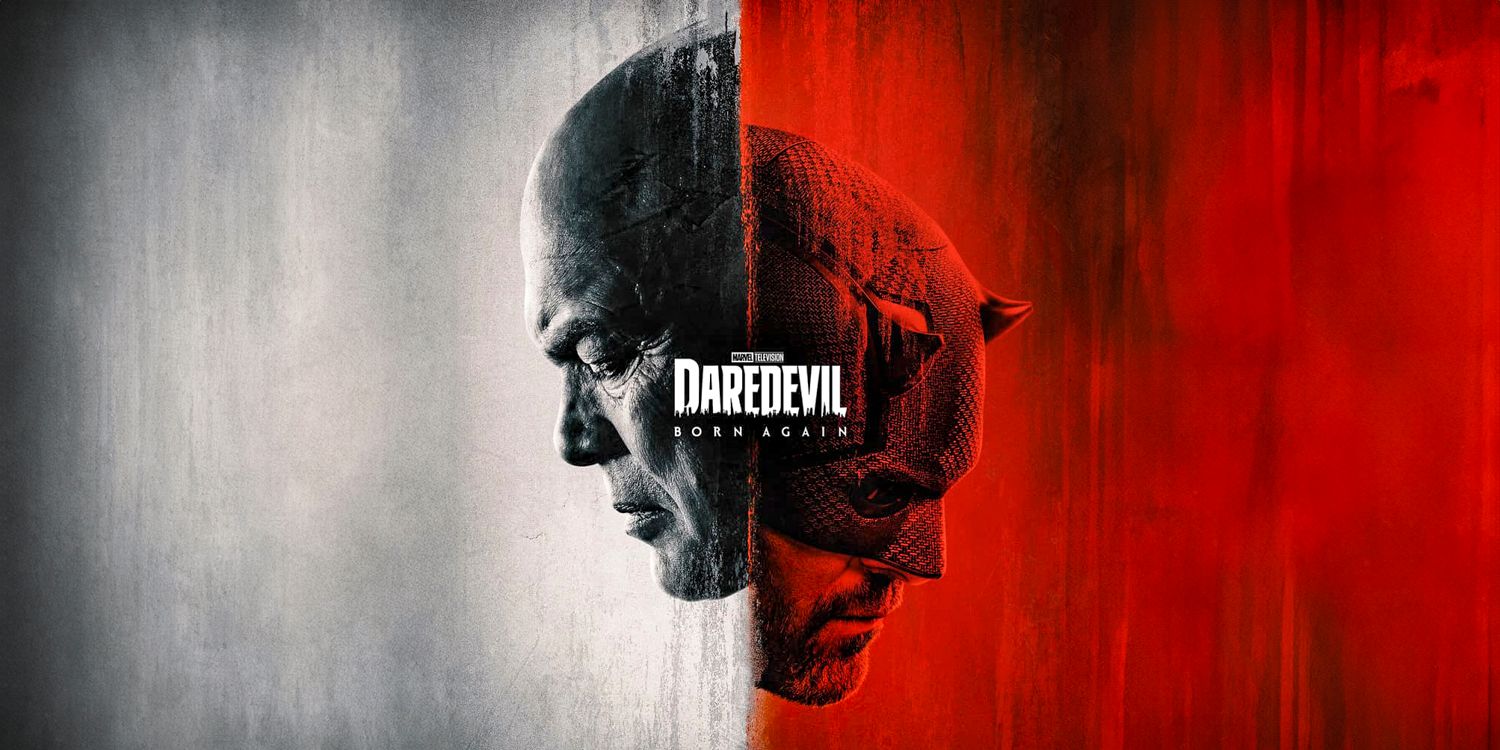Close to 7 years after Charlie Cox first hung his cowl up with the end of Daredevil season 3 on Netflix, Matt Murdock is back in Daredevil: Born Again. His return hasn't taken quite that long, of course, because Cox has already also appeared in Spider-Man: No Way Home, She-Hulk, and Echo, but those cameos were no more than amuse-bouches to remind everyone how committed the MCU is to this version of the character. This is the main course.
Daredevil: Born Again also took its time to percolate, with original plans focused more on a courtroom drama, and less on the superhero stuff, because, famously, there's nothing Marvel fans love more than legal jargon and litigiousness. Mercifully, the courtroom element is somewhat downplayed in the final version, but it's still a rather more measured show than it was on Netflix. And impressively, there aren't any scars and seams where the old footage has been clearly cobbled together with new parts.
Daredevil: Born Again is exactly as it should be, for me, but that doesn't mean it won't raise some eyebrows by how little active superhero stuff happens in it. At times, it feels like a premium TV legal procedural, but it's all tied together by grand ideas about the nature of violence, vigilantism, and trauma. It's also very heavy in flashes, packed with earnest heart, and punctuated by some of the most bone-crunching violence the MCU has ever seen. After 9 episodes, I have one dominant thought that speaks to the quality of the thing: more, please.
All three are just as good as they were in the Netflix seasons, and Born Again's story allows for a lot more depth. Not with Frank Castle, of course, but that's not really what you want from Punisher. Born Again isn't so much about superheroism and supervillainy as it is about the idea of both. We've long known that the show would retire Murdock, and see Fisk wading into new waters as a legitimate mayoral candidate for New York, but the story is about more than just their seemingly inevitable reversions to type.
